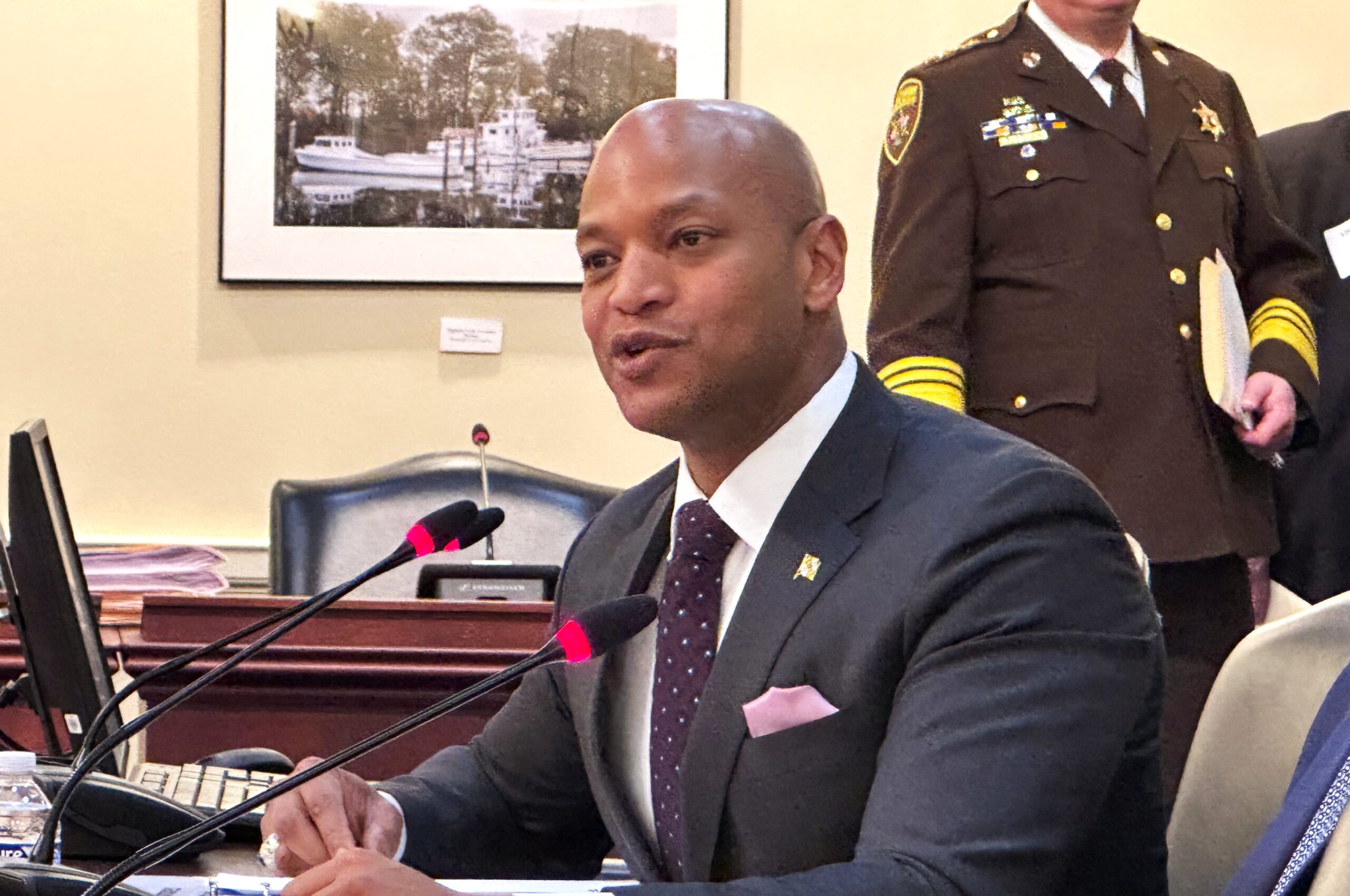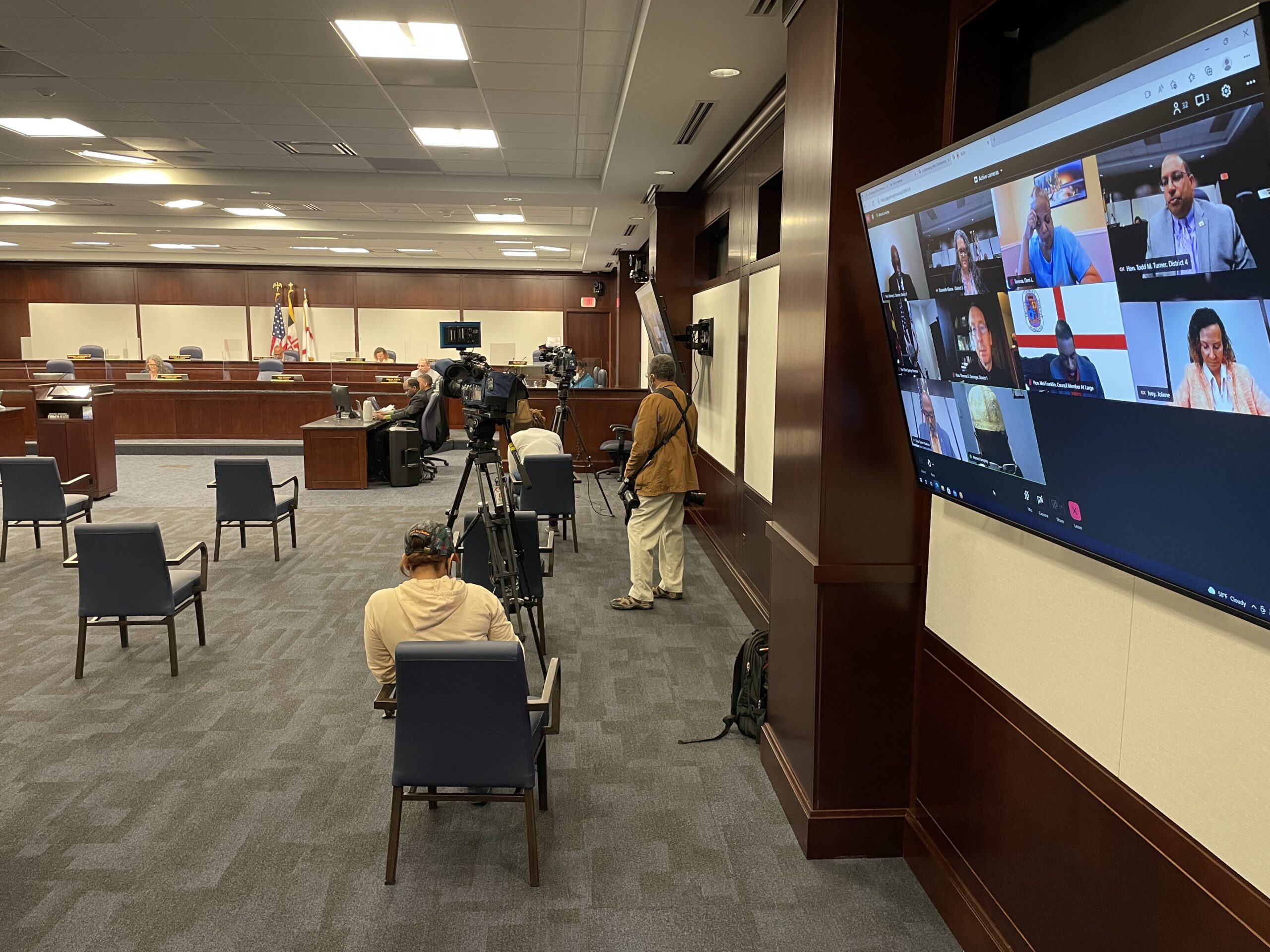
The Washington, D.C., region is expected to see a massive increase in jobs and people during the next three decades, an influx that threatens to make housing even less affordable for lower- and middle-income workers and commuting an even greater chore.
But a group of planners believes there is an opportunity for the region to reduce the amount of time people spend getting to and from work even with all those newcomers moving in.
The key, transportation and housing experts told a group of elected leaders Wednesday, is an enthusiastic embrace of existing policies that concentrate housing near transit, and a willingness on the part of builders to build and consumers to buy smaller homes.
“You have the potential of significantly reducing the vehicle hours of delay” — the amount of time we spend on clogged roads — “between now and 2040 by about 20 percent, despite the growth,” said Kanti Srikanth, transportation planning director for the Metropolitan Washington Council of Governments.
“You also have the potential for reducing the vehicle miles traveled by everybody in the region by about 3 percent. That 3 percent is small, but it is off of a large base of 160 million [vehicle miles per day].”
The D.C.-region’s over-heated housing market, fueled by a sustained influx of young professionals, is causing a ripple effect from neighboring counties such as Montgomery and Prince George’s and into Frederick, Howard, Charles and beyond, as lower- and middle-income people struggle to find something they can afford.
This phenomenon has strained roads and schools in the exurbs and has made it difficult for employers to find home-health aides, baristas, store clerks and janitorial staff in and around the nation’s capital.
During a briefing on the housing plan, Charles County Commissioners’ President Reuben B. Collins II (D) noted a recent Bloomberg report which found that his jurisdiction had “the costliest commute in the entire nation.”
Planners want elected leaders from around the region to embrace a multi-pronged strategy that includes:
- More new housing
- Jobs and housing centered around “underutilized rail stations and Activity Centers”; and
- A better distribution of future jobs and housing between the eastern and western portions of the region.
They also believe the region could reap big dividends by having more people telecommute and by having more employers provide transit subsidies instead of free parking to their workforce.
The problem can’t be solved by policy alone, planners stressed. There has to be buy-in from the public and homebuilders.
“You can’t put a single-family home with a swing set and a big yard on top of a Metro station,” said Paul DesJardin, COG’s community planning and services director.
“But is there a market for other types of housing units — courtyard homes, the sort of cottages you see in California … [homes] with a granny flat or a tenant or a family member living on a property that you own. They’re looking across the spectrum at everything.”
Fairfax County, Va., Supervisor Penny Gross (D) said she frequently hears from residents — even relative newcomers — who oppose additional housing developments.
“Density scares people,” she said.
“I think it comes down to respect,” she added. “The one thing that connects us all is having someplace to put our head on the pillow at night — and that’s our home.”
Prince George’s County Councilmember Derrick Leon Davis (D), vice chairman of the COG board, led the panel in a moment of silence in honor of the late speaker of the Maryland House of Delegates, Michael E. Busch (D-Anne Arundel).
Davis said that among Busch’s many lasting contributions to the state and region were his support for a dedicated funding source for Metro from the three jurisdictions it serves.
“Without Speaker Busch that would not have happened,” he said.
Did someone forward this to you?
Get your own daily morning news roundup in your inbox. Free. Sign up here.




 Creative Commons Attribution
Creative Commons Attribution